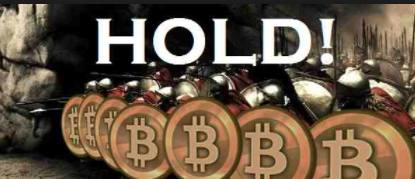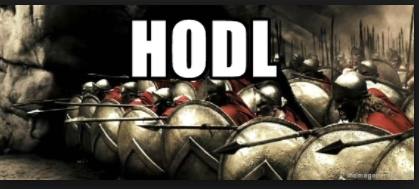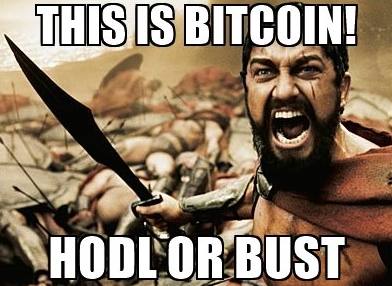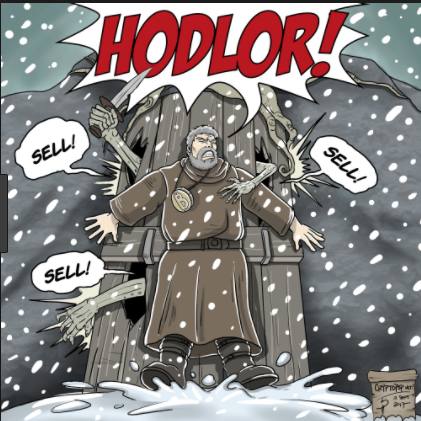While the event itself was trivial, this provides a useful example of how journalists continue not only to repeat but to add to the mountain of bullshit that supports the myth of the real life Tony Stark. Though the tweet Musk was replying to has been deleted confusing matters a bit, this seems to be the sequence:
1. Musk responds to a tweet about an article on nuclear rockets with a vaguely positive comment.
To be clear: good for in-space transit, but not recommended for Earth to orbit!
— Elon Musk (@elonmusk) July 22, 2019
2. He apparently didn't read article (at least not in depth) nor is he well versed on the topic. The "would be" suggests he didn't realize the research was ongoing. More telling is his lack of comment on the greatly reduced role SpaceX would play in a world of interplanetary nuclear thermal rockets. He's talking about a technology that would make his "starships" obsolete for anything more than ferrying (perhaps limited to large cargo if we continue to see advances in air-breathing rockets), but the apparent contradiction doesn't seem to occur to him.
3. The "would be a great area of research" tweet becomes the headline "Elon Musk Proposes a Controversial Plan to Speed Up Spaceflight to Mars."
This constant nudging toward myth is the original sin of the Tesla bubble, why it started and how it continues to grow despite the accumulation of ever more damning evidence. Even respectable publications go along with at least the minor lies and distortions. They describe Musk as an engineer/inventor. They call him a founder of PayPal and Tesla (both of which predated Musk's involvement). They give him credit for introducing the hyperloop and ignore the fact that his proposal was for a vactrain that traveled on air-bearings, an idea so impractical that none of the "hyperloop" start-ups have even considered it.
Elon Musk is the world's richest man because he convinced a lot of investors that he was a genius without living equal who was personally about to invent all sorts of wonderful, world-changing technology. He convinced them with the help of a large number of journalists who cared more about good copy than good reporting.







